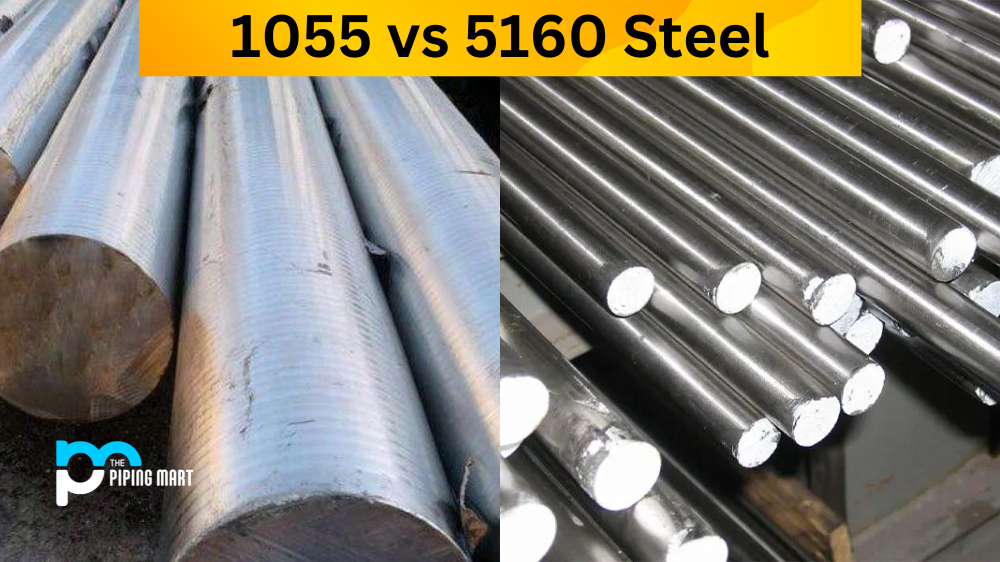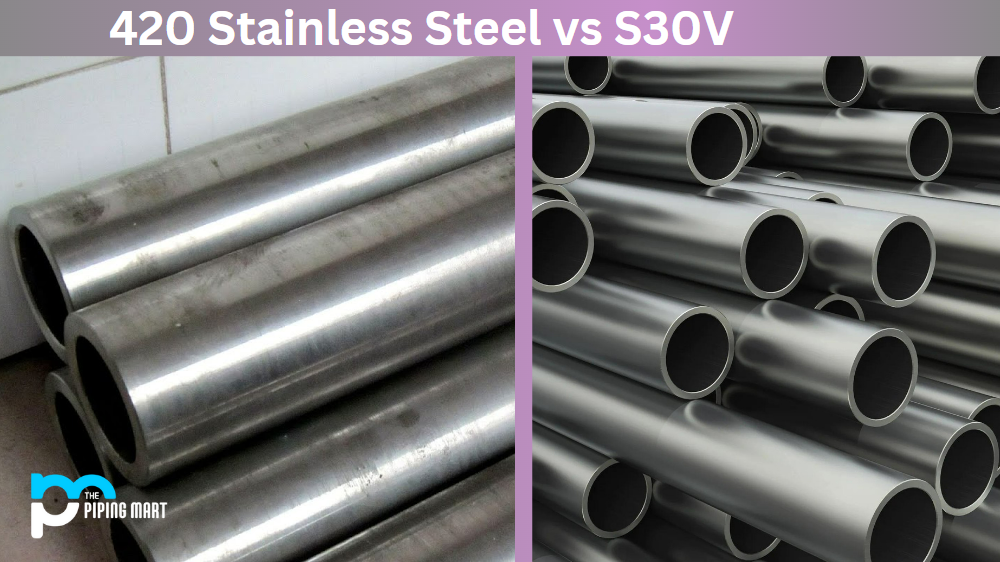When choosing a material for manufacturing, there are many factors to consider. Raw and stainless steel are two of the most popular metals used in manufacturing. Understanding their differences is essential to make the best decision for your project. Let’s explore what sets these two materials apart.
Difference Between Raw Steel and Stainless Steel
Raw steel is a form of carbon steel that has not been treated with other substances. It is also known as unalloyed or mild steel and can be welded, machined, or formed into various shapes and structures. Raw steel is relatively economical and provides excellent strength, but it is prone to rusting if not adequately protected.
Stainless steel, on the other hand, is an alloy composed of chromium, nickel and other elements that provides better resistance to corrosion than raw steel. The chromium content in stainless steel gives it a protective layer which prevents oxidation from occurring when exposed to air or moisture. This makes stainless steel more durable than raw steel and ideal for use in highly corrosive environments such as food processing plants or chemical factories.
Strength
Regarding strength, both raw and stainless steel has excellent properties that make them suitable for different applications. Raw steel has high tensile strength, which makes it great for construction projects like bridges or buildings, while stainless steel has higher yield strength which makes it perfect for creating springs or screws as well as parts that need superior corrosion resistance, such as valves or pumps. Both materials can be heat-treated to increase their strength if required for specific applications.
Conclusion:
Raw and stainless steel each has unique properties that make them suited for different manufacturing projects. When choosing between the two metals, consider what environment your product will be in since stainless steel offers superior corrosion resistance over raw steel when exposed to water or air. Additionally, consider what kind of strength your product needs since each metal has unique strengths depending on the application requirements. With this knowledge in mind, you should have all the information you need to decide which material is best for your project!

Pipingmart is a B2B portal that specializes in metal, industrial and piping items. Additionally, we share the latest information and information about materials, products and various types of grades to assist businesses that are involved in this business.




